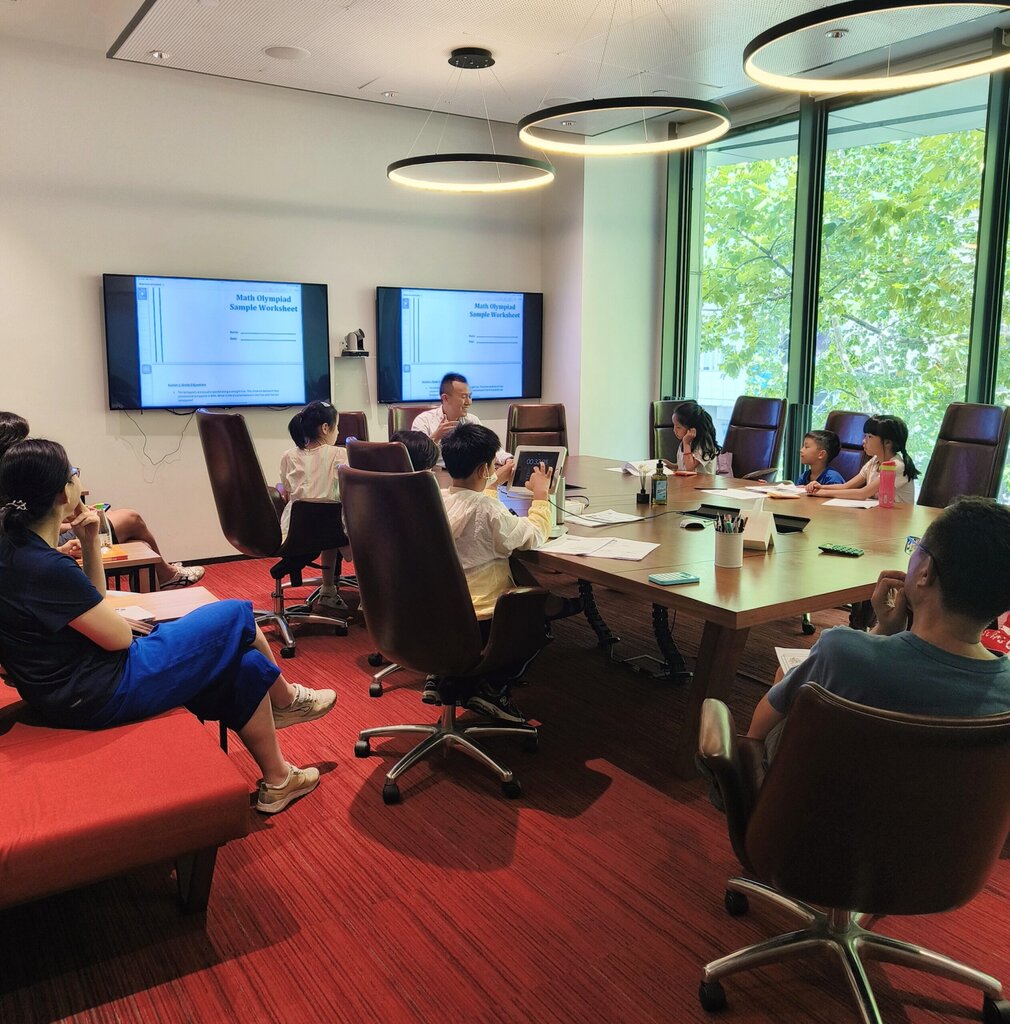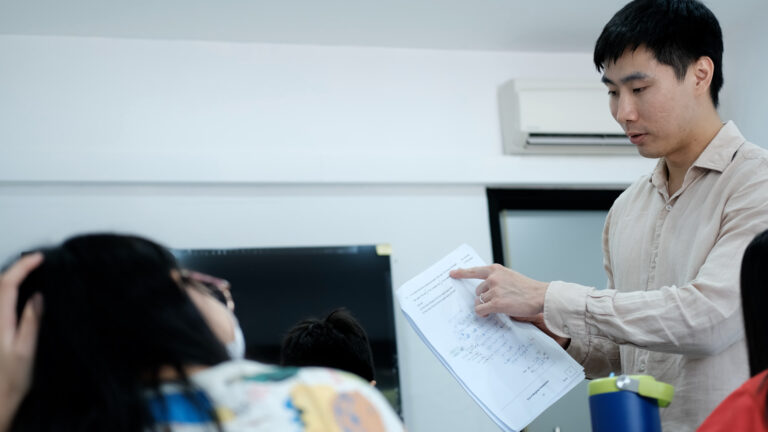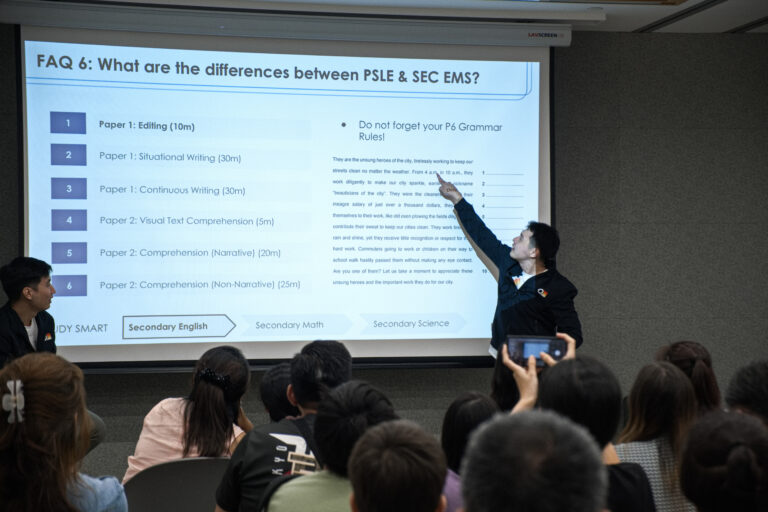On April 4th, 2025, MOE published a commentary titled, “PSLE: Will removing it make it less stressful for our students?”
It touched on all the expected points—academic pressure, inclusiveness, social mobility. And to be fair, these are critical conversations worth having.
But here at Think Teach Academy, we’d like to offer a different perspective.
To understand where we’re coming from, let’s rewind to 2018.
From Singapore to Shanghai: A Broader Lens on Education
Think Teach Academy was founded in 2017. Within our very first year, we began receiving inquiries from parents abroad. Some of our early students were from international schools in Singapore or had returned after spending their childhood overseas, particularly in Shanghai. Over time, more expat Singaporean families began sending their children back to Singapore during school breaks—just to attend our lessons.
Then came the question that changed everything:
“Why doesn’t Think Teach Academy come to Shanghai?”
So in 2018, we did.
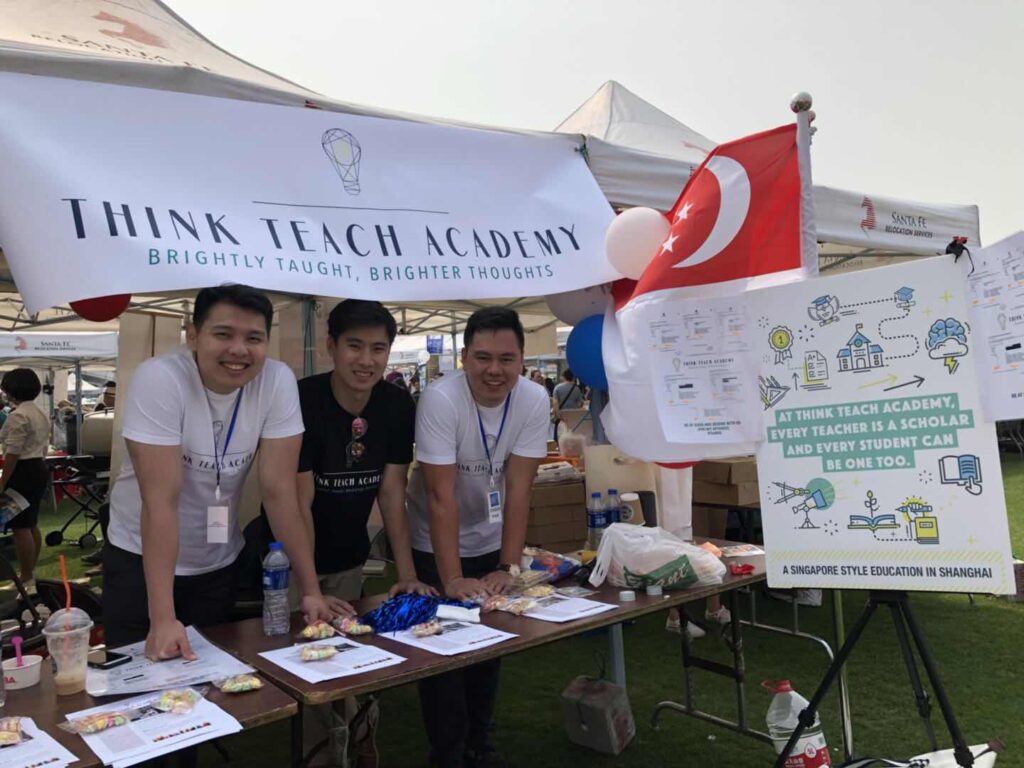
Our first years in Shanghai were eye-opening. We worked primarily with students from international schools—Singaporeans, South Koreans, Hongkongers, Indonesians, and others. Some had been in international curricula their whole lives, others transitioned from local systems before going abroad. Many would eventually find their way into top universities like Harvard, Stanford, Yale, Oxford and Cambridge.
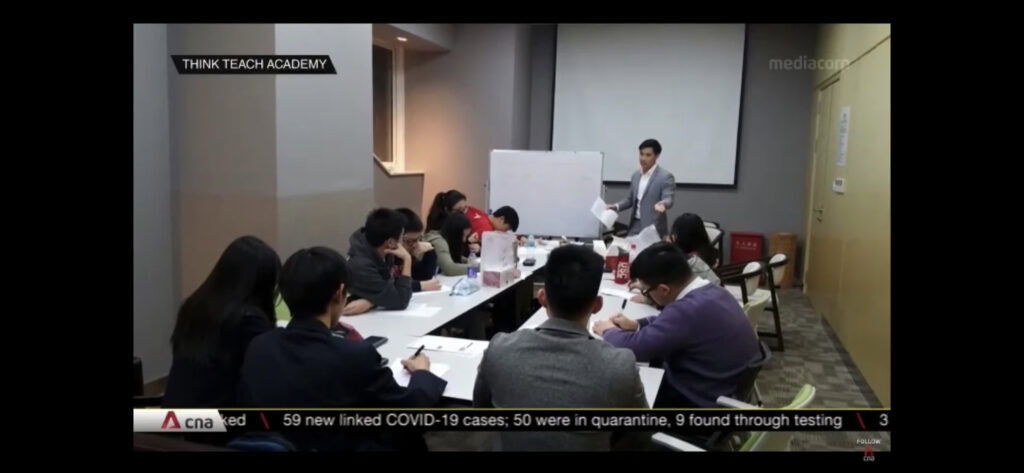
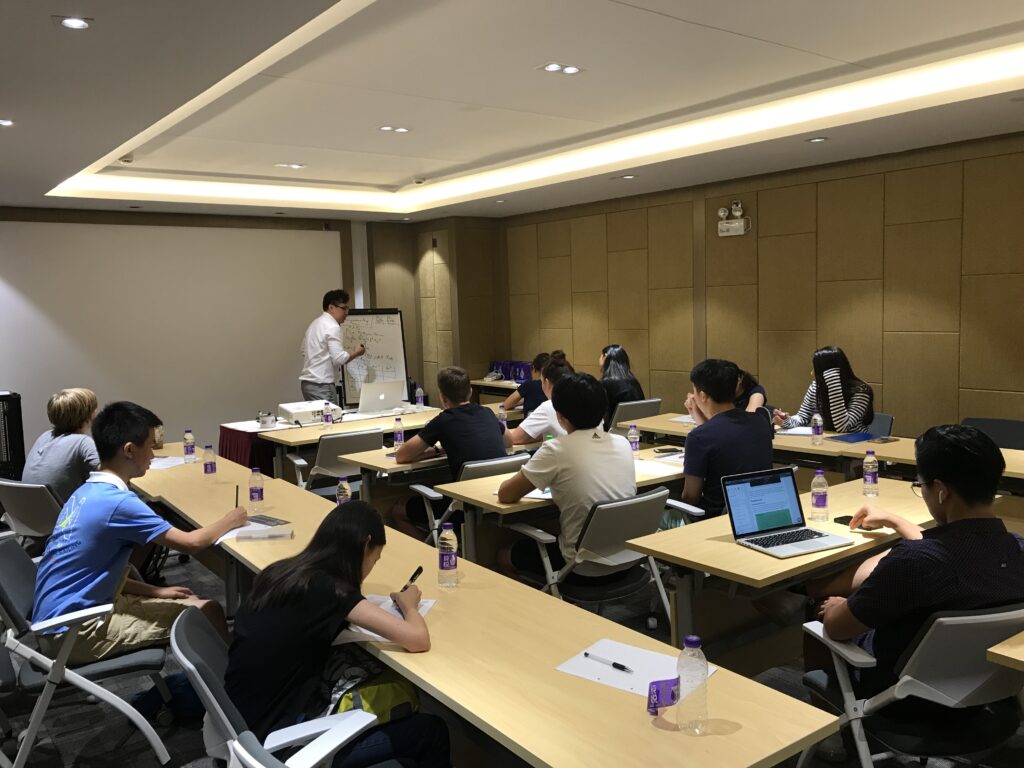
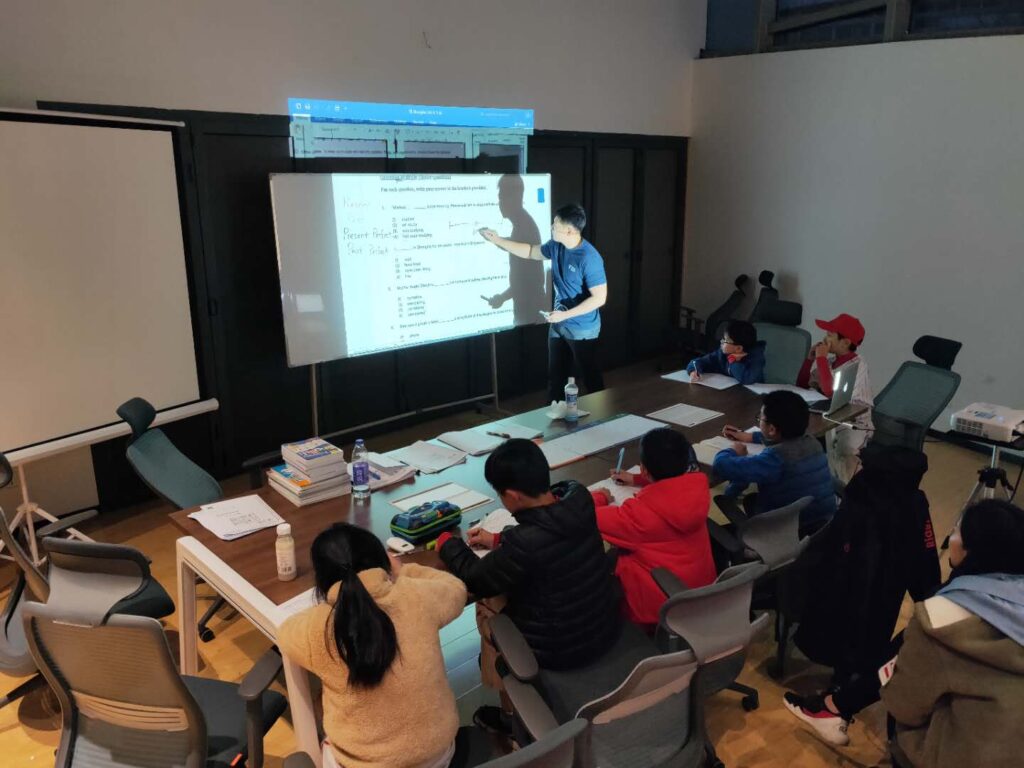
While teaching IB Economics, I noticed a pattern. The Singaporean students who had gone through PSLE were often more grounded in their thinking. They applied concepts with clarity and supported their ideas with precise examples. Meanwhile, students who had always been in international systems were articulate and creative—but their arguments occasionally lacked the same rigour or factual depth.
It struck me that the “ideal” learner is a hybrid: someone who’s been shaped by the discipline of Singapore’s primary school system, yet carries the openness and perspective of an international education.
Even in Shanghai, Singapore Math Is in Demand
Then COVID hit.
With expats leaving Shanghai, international schools saw a significant shift—more PRC families began enrolling. Many of these parents were not just looking for a “Western education.” They were looking for a pathway out of the local gaokao system, and into the UK or US university pipelines.
But despite their intent to go international, many voiced a similar concern: “The early years in the international system lack rigour—especially in Math.”
These were parents who knew how intense the local Chinese curriculum was. And now, they were searching for something that could bridge the gap: a programme that was internationally accessible, yet uncompromising in standards.
So when they asked, “Could Think Teach Academy bring Singapore Math to Shanghai?”
We said yes. Again.
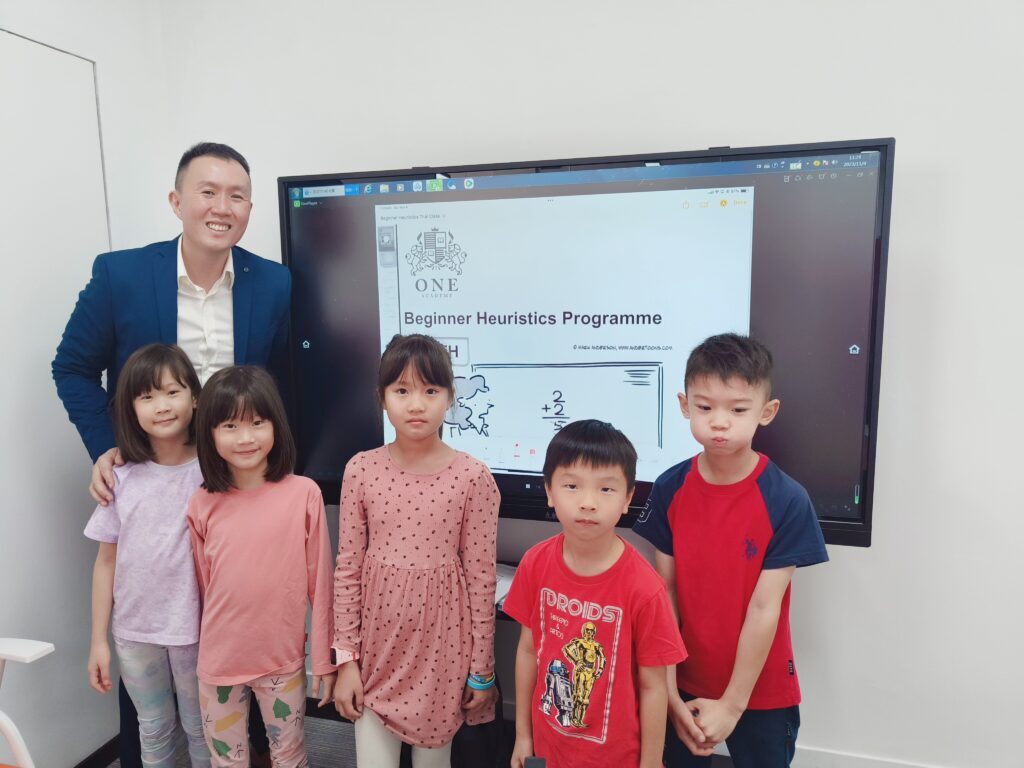
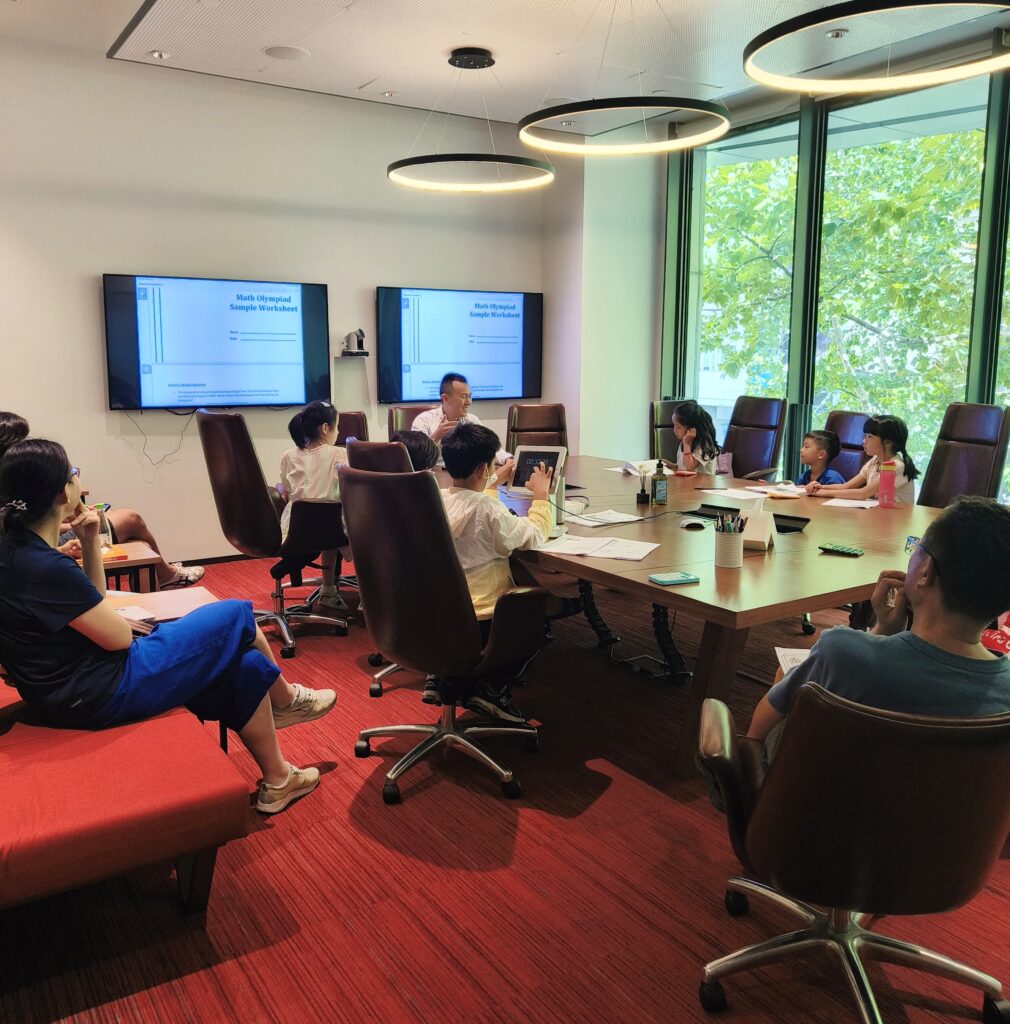
That moment wasn’t just about launching a new programme—it was about recognising something deeper. Even in one of the most academically competitive cultures in the world, Singapore’s primary education system is seen as a gold standard—especially in Mathematics.
That’s a reputation built on decades of rigour, clarity, and consistent outcomes.

What This Means for Our Students at Think Teach
Our experience working with students from different countries and backgrounds has taught us one thing: there is no perfect system.
But there are powerful combinations.
We believe students do best when they receive the structure and depth of the Singapore system—especially in their formative years—and later complement it with the creativity and perspective offered by international schools and universities.
This global relevance was recently highlighted in a feature by Channel News Asia, where our co-founder, Dr. Algene Tan, and our Chinese partner were interviewed on their perspectives about how PRC parents view Singapore’s education system. The segment delves into why families in China are increasingly looking to Singapore as a benchmark for academic rigour—especially in the foundational years—and why they trust Singapore-born institutions like Think Teach to deliver it.
While I wasn’t the one interviewed, I had the privilege of working behind the scenes and witnessing first-hand the respect and curiosity international audiences have for our brand of education. You can watch the CNA feature here:
That’s why we’ve committed to designing a learning environment that blends both worlds. Whether it’s preparing students for DSA interviews, scholarship applications, or university admissions, our goal is to help them stand out—not just on paper, but in how they think, speak, and solve problems.
Our Take on the PSLE Debate
We understand the concerns—stress, competition, equity. These are real. And we support any initiative that puts student well-being at the centre.
But in our work with students who’ve crossed systems, continents, and cultures, one thing remains clear:
The PSLE (while not perfect) is one of the few academic experiences that builds deep, early-stage rigour.
When I was teaching in Shanghai, this became especially apparent. The Singaporean students, those who had gone through PSLE, stood out. Their thinking was sharper, their writing more structured, their arguments grounded in facts.
That Singaporean foundation made a difference.
Not just in class, but in how they carried themselves as learners.
Even as PRC families sought out Singapore Math programmes for their children, it affirmed what we’ve long known: Singapore’s primary education, for all its intensity, is globally respected for a reason.
So rather than asking whether PSLE should stay or go, perhaps the better question is: How do we retain its strengths—discipline, clarity, and resilience—while easing the stress that too often overshadows the journey?
Because when viewed not as a gatekeeper, but as a growth experience, the PSLE can offer far more than a number.
It can shape the habits and mindset that help students thrive—not just here, but anywhere in the world.
And that’s what we’re building at Think Teach Academy.
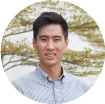
Yours In Education
Shou Yee
Co-Founder
